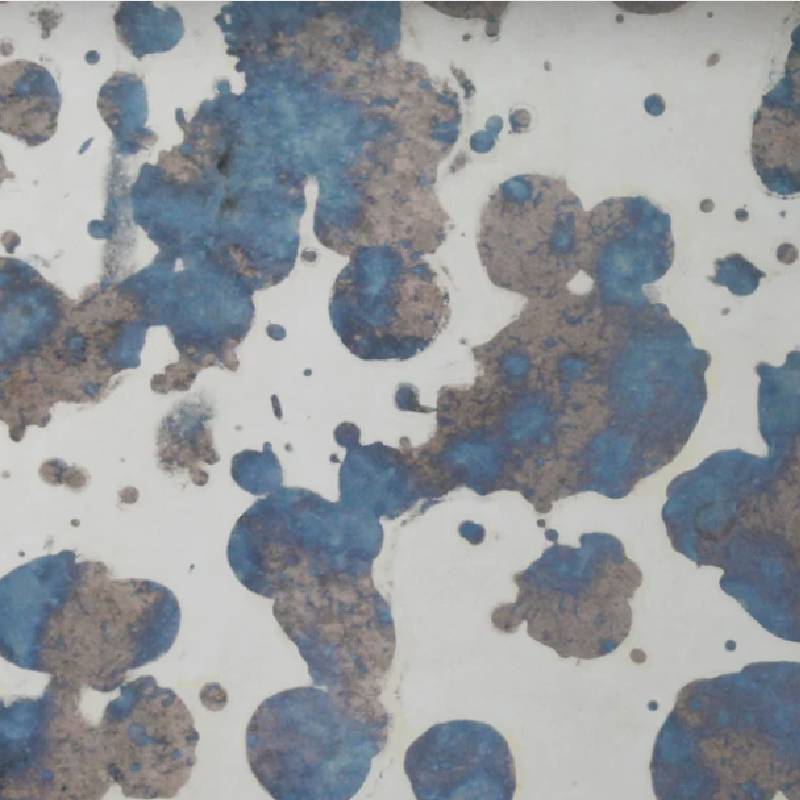Understanding Float Glass Properties, Production, and Applications
Float glass, a widely used form of glass, plays a significant role in various industries due to its unique properties and production process. The term “float glass” refers to a type of glass that is manufactured using the float process, which involves floating molten glass on a bed of molten tin. This method results in an exceptionally flat and smooth surface, making float glass highly desirable for numerous applications, from windows and glass doors to facades and mirrors.
Production Process
The float glass production process begins with combining raw materials, primarily silica sand, soda ash, and limestone, which are heated in a furnace at temperatures exceeding 1,600 degrees Celsius until they form molten glass. Once the mixture is at the desired consistency, it is poured onto a pool of molten tin. Because the glass is less dense than the tin, it floats on top, spreading out evenly to create a continuous sheet. The thickness of the glass is determined by the distance it travels across the molten tin before being cooled.
As the glass sheet progresses along the float line, it undergoes a controlled cooling process, which helps to relieve internal stresses. Once cooled to ambient temperature, it is cut into sheets of various sizes, ready for further processing or direct use. The float process not only produces flat glass but also enhances its clarity and surface quality, making it a preferred choice for architectural and automotive applications.
Properties of Float Glass
Float glass is renowned for its exceptional optical clarity and smooth surface, characteristics that arise from its manufacturing method. Its qualities include
1. High Transparency Float glass provides excellent light transmission (up to 90%), making it ideal for applications where visibility is crucial.
2. Flatness The float process ensures a uniform thickness and flatness, which is essential for windows, glass doors, and display cases.
3. Chemical Resistance Float glass possesses good resistance to various chemicals, making it suitable for laboratory environments and chemical storage.
4. Surface Quality The smooth surface of float glass results in minimal distortion, which is critical in applications such as mirrors and optical devices.
float glass pdf
5. Versatility Float glass can be cut, tempered, laminated, and coated to enhance its properties for specific uses, such as energy-efficient buildings or safety glass applications.
Applications of Float Glass
Due to its advantageous properties, float glass is widely used across different sectors
1. Architecture In the construction industry, float glass is extensively used in windows, facades, and interior partitions. Its ability to allow natural light while providing thermal insulation makes it a sustainable choice for modern buildings.
2. Automotive Windshields and windows in vehicles are often made from float glass, combined with safety features to protect passengers.
3. Interior Design Float glass is commonly used in furniture design, such as tabletops and shelving, providing a contemporary and aesthetic appeal.
4. Mirrors The high clarity of float glass makes it a preferred material for producing mirrors, where surface quality is of utmost importance.
5. Solar Panels Float glass is increasingly used in solar energy applications as it effectively protects photovoltaic cells while allowing sunlight to pass through.
Conclusion
Float glass represents a cornerstone of modern glass technology due to its unique production method and versatile properties. From residential buildings to vehicles and beyond, its applications are vast and varied. As industries continue to evolve, the demand for float glass is likely to grow, driven by innovations in energy efficiency and design. Understanding float glass and its benefits is essential for anyone involved in construction, manufacturing, or design, highlighting its significance in our daily lives. As technology advances, we can expect to see further enhancements and applications of float glass in the future, reinforcing its status as a fundamental material in architecture and design.
 Afrikaans
Afrikaans  Albanian
Albanian  Amharic
Amharic  Arabic
Arabic  Armenian
Armenian  Azerbaijani
Azerbaijani  Basque
Basque  Belarusian
Belarusian  Bengali
Bengali  Bosnian
Bosnian  Bulgarian
Bulgarian  Catalan
Catalan  Cebuano
Cebuano  Corsican
Corsican  Croatian
Croatian  Czech
Czech  Danish
Danish  Dutch
Dutch  English
English  Esperanto
Esperanto  Estonian
Estonian  Finnish
Finnish  French
French  Frisian
Frisian  Galician
Galician  Georgian
Georgian  German
German  Greek
Greek  Gujarati
Gujarati  Haitian Creole
Haitian Creole  hausa
hausa  hawaiian
hawaiian  Hebrew
Hebrew  Hindi
Hindi  Miao
Miao  Hungarian
Hungarian  Icelandic
Icelandic  igbo
igbo  Indonesian
Indonesian  irish
irish  Italian
Italian  Japanese
Japanese  Javanese
Javanese  Kannada
Kannada  kazakh
kazakh  Khmer
Khmer  Rwandese
Rwandese  Korean
Korean  Kurdish
Kurdish  Kyrgyz
Kyrgyz  Lao
Lao  Latin
Latin  Latvian
Latvian  Lithuanian
Lithuanian  Luxembourgish
Luxembourgish  Macedonian
Macedonian  Malgashi
Malgashi  Malay
Malay  Malayalam
Malayalam  Maltese
Maltese  Maori
Maori  Marathi
Marathi  Mongolian
Mongolian  Myanmar
Myanmar  Nepali
Nepali  Norwegian
Norwegian  Norwegian
Norwegian  Occitan
Occitan  Pashto
Pashto  Persian
Persian  Polish
Polish  Portuguese
Portuguese  Punjabi
Punjabi  Romanian
Romanian  Russian
Russian  Samoan
Samoan  Scottish Gaelic
Scottish Gaelic  Serbian
Serbian  Sesotho
Sesotho  Shona
Shona  Sindhi
Sindhi  Sinhala
Sinhala  Slovak
Slovak  Slovenian
Slovenian  Somali
Somali  Spanish
Spanish  Sundanese
Sundanese  Swahili
Swahili  Swedish
Swedish  Tagalog
Tagalog  Tajik
Tajik  Tamil
Tamil  Tatar
Tatar  Telugu
Telugu  Thai
Thai  Turkish
Turkish  Turkmen
Turkmen  Ukrainian
Ukrainian  Urdu
Urdu  Uighur
Uighur  Uzbek
Uzbek  Vietnamese
Vietnamese  Welsh
Welsh  Bantu
Bantu  Yiddish
Yiddish  Yoruba
Yoruba  Zulu
Zulu 

